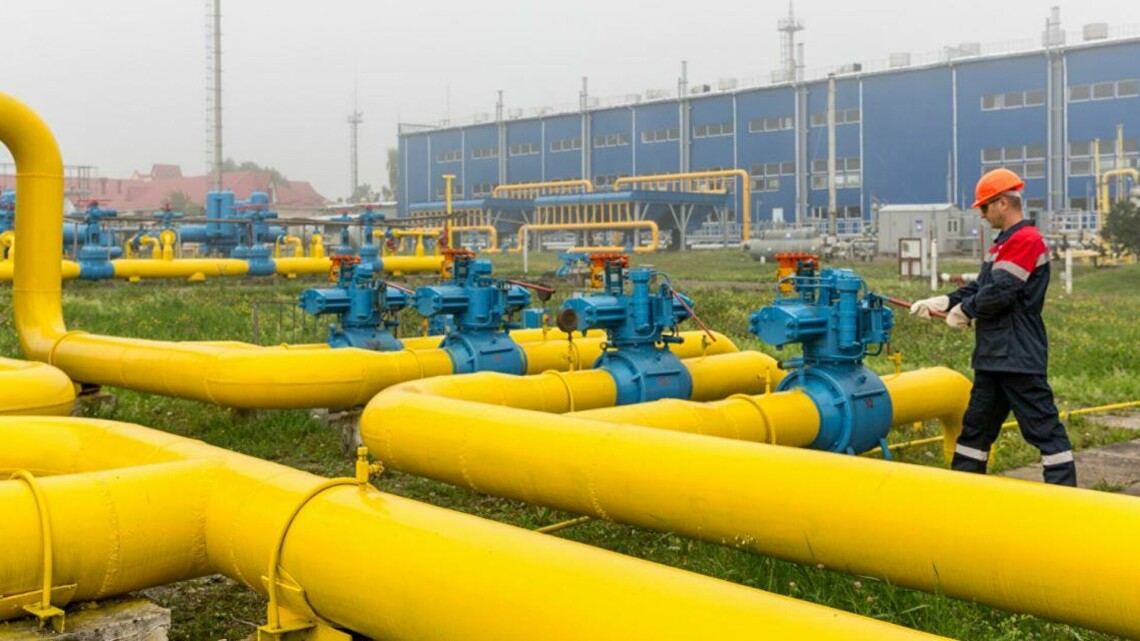The ISW reports that Ukraine's decision not to renew its contract for transporting Russian gas through Ukrainian territory is expected to significantly impact Russian gas revenues, despite Kremlin claims to the contrary. Meanwhile, Russia's Gazprom appears to be leveraging the transit cessation to manufacture an energy crisis aimed at destabilizing Moldova.
Ukraine stopped Russian gas transit through its territory on 1 January 2025, a move projected to significantly impact Gazprom’s revenues, according to Bloomberg estimates of a $6 billion annual loss. This comes as Russian officials projected confidence, claiming Europe, not Russia, would suffer from the cessation, ISW says.
"[T]he Kremlin's renewed posturing in Winter 2024–2025 likely aim to extract economic or diplomatic concessions from Europe, undermine unity within the European Union (EU), and drive a wedge between the US and EU," the think tank noted.
Gazprom, which once derived 45% of its revenue from the European market, has struggled to recover after sanctions and market shifts reduced its share to 5%. Currently, its only route to Europe is through the TurkStream pipeline bypassing Ukraine. Countries like Slovakia and Austria, once reliant on Ukrainian gas transit, have fully substituted supplies with alternative sources, BBC says.
Meanwhile, Moldova faces significant energy challenges due to Gazprom's decision to halt gas supplies to the Russian-controlled region of Transnistria in Moldova, citing an alleged $709 million Moldovan debt. A 2022 audit by British and Norwegian firms contested this figure, reporting Moldova owed only $8.6 million. Gazprom also refused to arrange gas delivery through TurkStream despite prior discussions.
"Gazprom is likely attempting to exploit the cessation of gas transits through Ukraine to create an artificial energy crisis to destabilize Moldova," ISW says.
As a result, Transnistria’s gas-fired Cuciurgan power station, which once exported electricity to Moldova, switched to coal reserves on 1 January, with supplies expected to last 50 days. Most Transnistrian consumers have lost access to gas, hot water, and heating. Moldova, meanwhile, has turned to Romania, increasing electricity imports and successfully testing gas supplies routed via Bulgaria, Romania, and Ukraine.
Kremlin efforts to exploit the situation mirror past tactics to destabilize Europe and extract concessions. The impact on Moldova underscores the broader geopolitical consequences of Ukraine’s move and the ongoing energy crisis.
Related:
- Slovak premier threatens Ukrainian refugees as gas transit stops
- Gas supply ends in Moldovan Transnistria after Ukraine halts Russian gas transit
- “They won’t do this,” says Ukraine’s energy chief as Slovakia threatens power cut
- Bulgaria promises aid to Moldova after Russian gas supply halt
- Gazprom begins halting Ukraine transit as Europe’s Russian gas era ends
- Poland stands ready for Ukraine power backup if Slovakia cuts supply, Bloomberg sources say
- Ukraine MFA answers Fico’s power cut threats: Slovak PM sides with Russia
- Slovak PM Fico blackmails Ukraine with power cuts over Russian gas transit ban
- Ukrainian energy experts dismiss Slovak threats to cut power off over Russian gas transit ban





